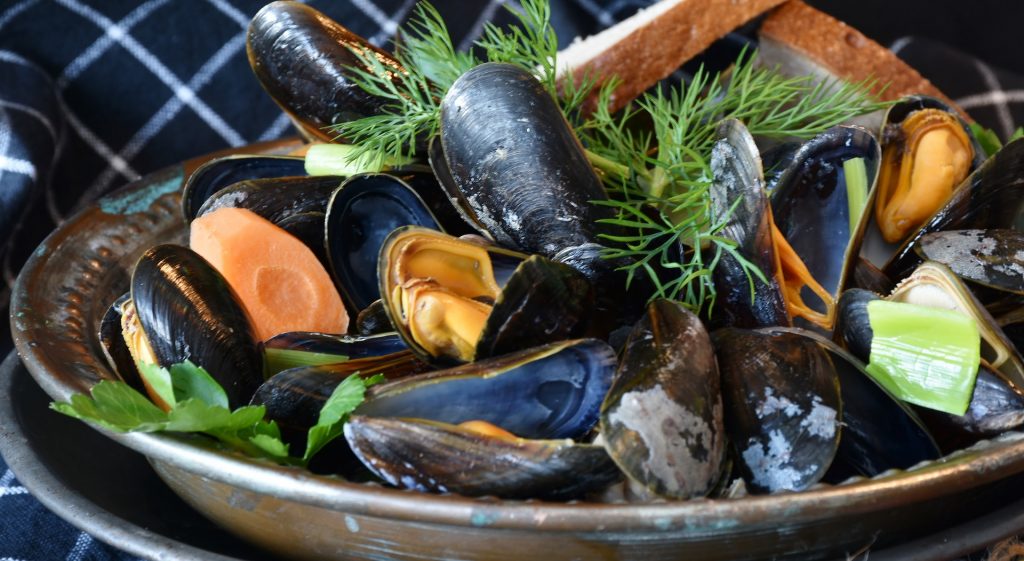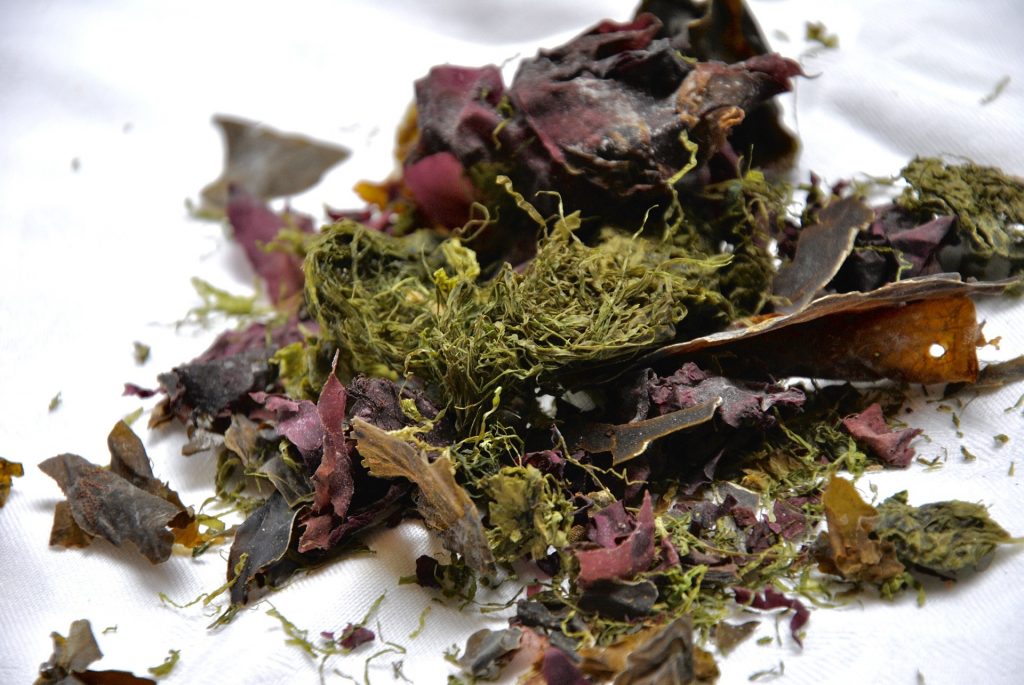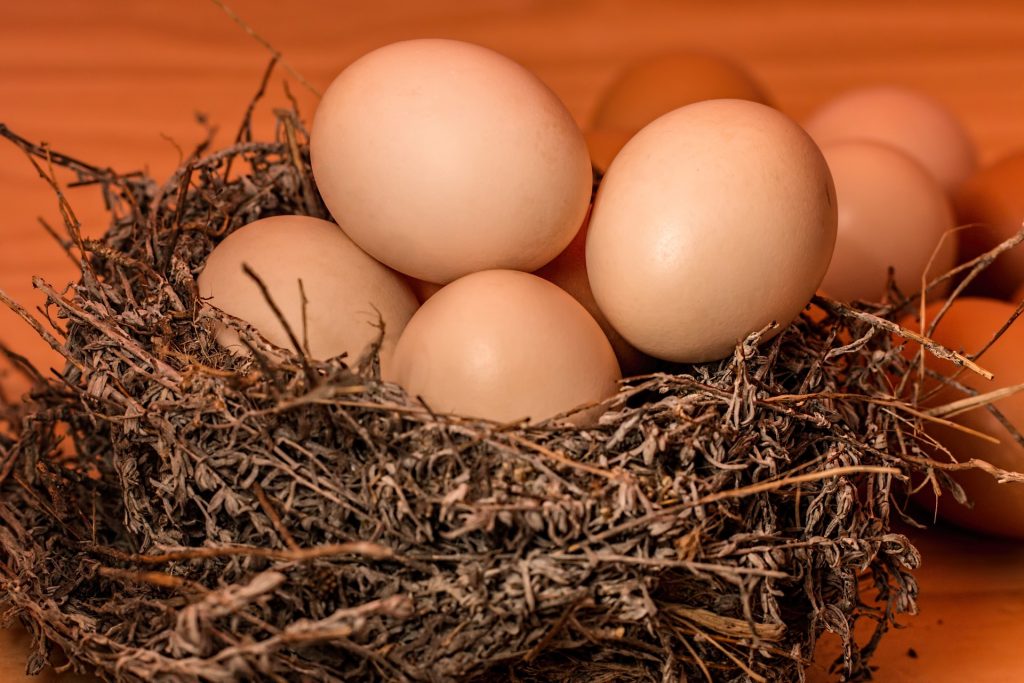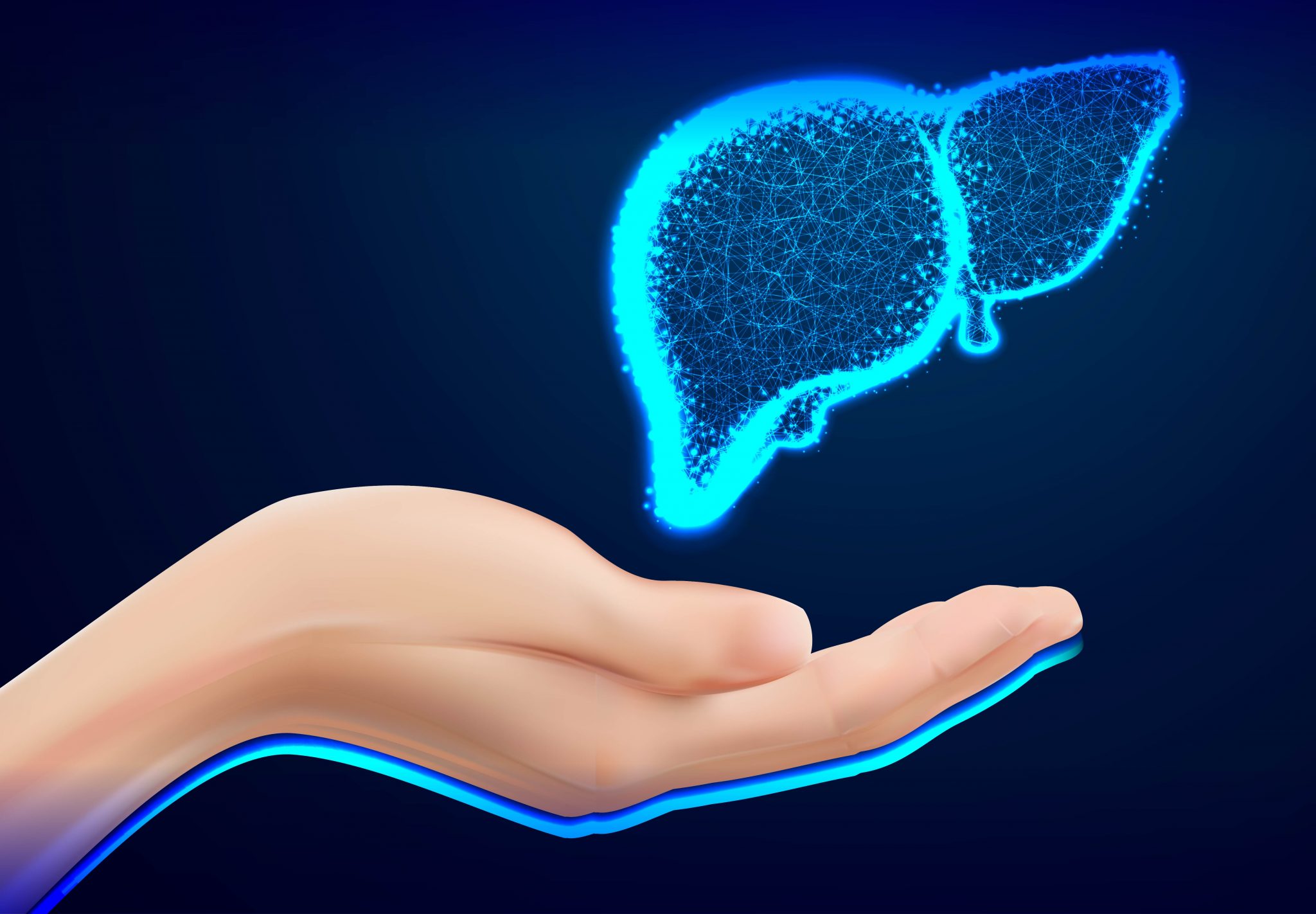On 25th September 2020, the Health director-general of Malaysia, Tan Sri Dr Noor Hisham Abdullah, announced the implementation of iodised salt throughout Malaysia, further stating that they will be banning all salt without iodine.
But why?
According to the nationwide study on iodine deficiency disorder (IDD), it has been found that 48.2% of school-going children in Malaysia aged 8 to 10 suffer from a lack of iodine, adding that 2.1% of children suffer from an enlarged thyroid gland (goitre)[5]. The same is seen in pregnant women as well as they do not meet the requirement of iodine intake[5].
Therefore, implementing the Universal Salt Iodisation (USI) in Malaysia will help to increase the iodine intake in society seeing that salt is a basic ingredient that is needed by everyone regardless of their income[6].
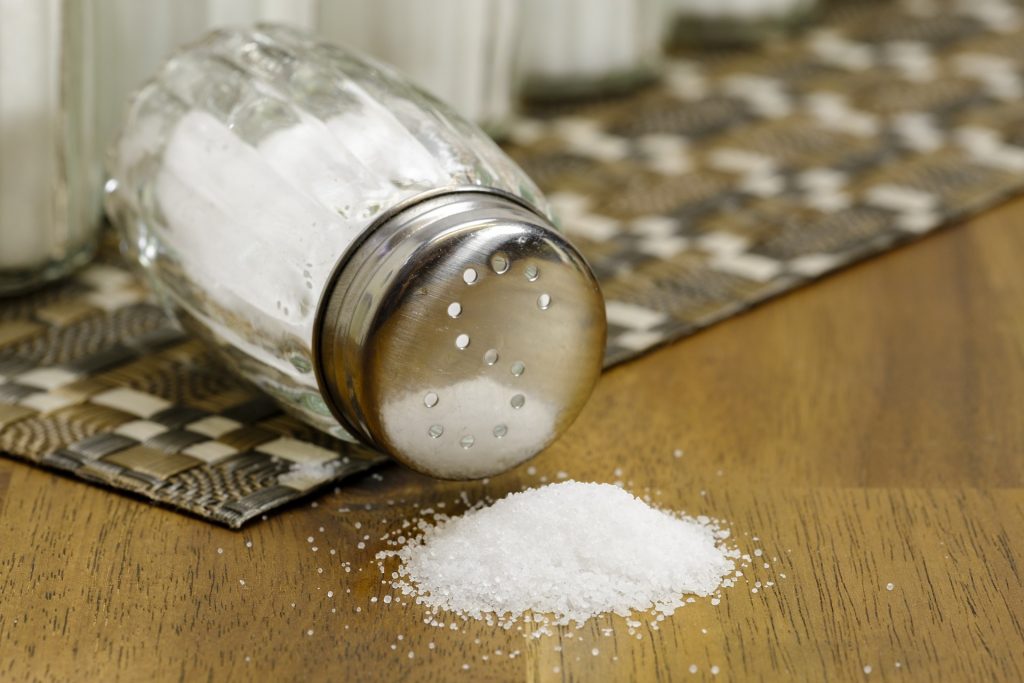
What is Iodine?
Iodine is a micronutrient which can be found in food. Depending on the geographical areas, iodine can be found in the soil and seawater, as most of it is found in marine sediment in the form of iodised salt[1,3].
The human body typically contains 15 – 20mg of iodine with 70-80% being located in the thyroid gland[3]. The body does not produce iodine, thus it is crucial for us to get from our daily diet[3].
Functions
Iodine is responsible for the synthesis of the thyroid hormones, T3 (triiodothyronine) and T4 (thyroxine). T3 and T4 are important hormones for brain growth and physical development[3]. Thyroid hormones are essential for life, as they regulate key biochemical reactions especially protein synthesis and enzymatic activities, in target organs such as for developing the heart, muscle, brain and kidney[3].
Deficiency
Iodine deficiency can increase in thyroid-stimulating hormones (TSH) in response to decreased production of thyroid hormone, resulting in enlargement of the thyroid (goitre)[3]. Severe iodine deficiency can cause IDD, leading to mental retardation, hypothyroidism, goitre, cretinism and growth and development abnormalities in adults and children[3].
For newborns, iodine deficiency can cause perinatal and infant mortality and low birth weight. In fact, pregnant women with inadequate iodine status can also affect the cognitive outcomes in their children.

Recommended Intake
It is recommended to consume iodine-contained food by following the recommendation given by the Ministry of Health Malaysia.
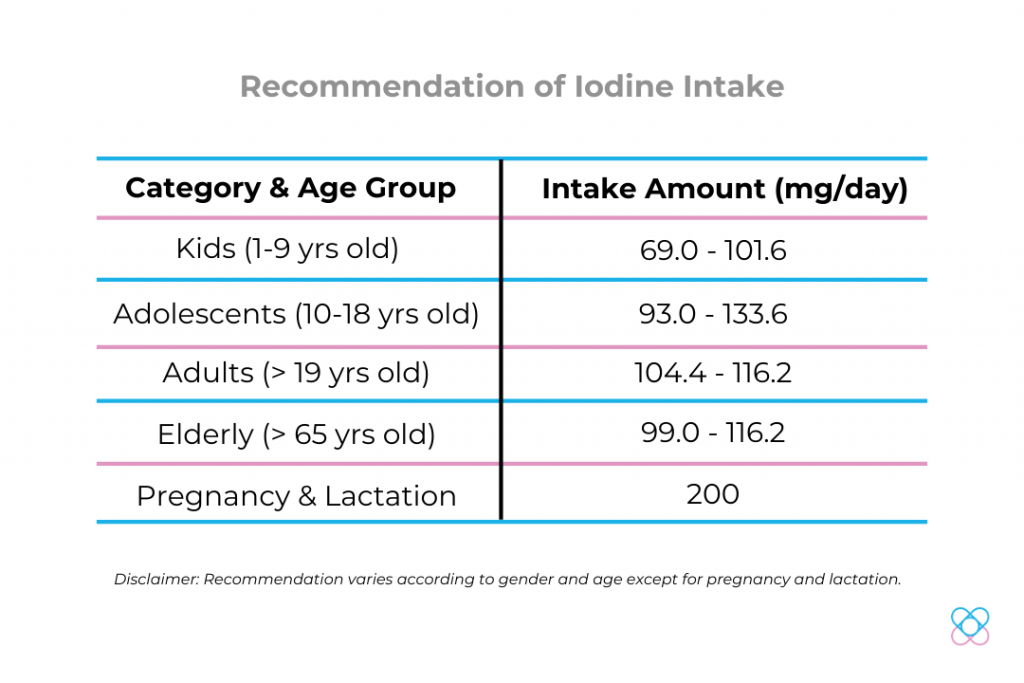
Is it Safe to Consume More?
Iodised salt has shown the effect of reducing the risk of goitre, cretinism and iodine deficiency[5]. While iodised salt does not contribute to hypertension, the overconsumption of salt, in general, can increase the risk of getting hypertension.
According to statistics, 3 out of 10 Malaysians suffer from hypertension[2]. Hence, it is advised not to overconsume any type of salt because it will increase the risks of cardiovascular diseases and high blood pressure[3].
In general, one is recommended to consume no more than 5g of salt per day [7].
While most individuals will be able to tolerate excess iodine intake from food, individuals who are suffering from autoimmune thyroid disease and iodine deficiency may not be able to do so. One should also take note that high intakes of iodine from food, water and supplements have been associated with goitre, hypothyroidism, hyperthyroidism, sensitivity reactions and thyroid papillary cancer[4].
Gene Involved In Iodine Deficiency
The DIO2 gene is responsible for the conversion of the T4 to T3[4]. People who have a genetic variation in the DIO2 gene have the tendency to have a high level of TSH and a low level of T4, likely to cause hypothyroidism[4]. When the body is under the condition of iodine-deficient, goitre or thyroid-related problems are likely to occur due to difficulty in iodine absorption by the body.
Food Sources
A wide variety of food with iodine can be easily accessible from the supermarket or wet market. The following groups of food which are rich in iodine are[3]:
- Indian Mackerel (Kembung)
- Spanish Mackerel (Tenggiri)
- Dried Anchovy (Ikan Bilis)
- Clam (Kepah)
- Mussels (Kupang)
- Dried Seaweed (Rumpai Laut)
- Cheese
- Milk Powder
- Iodised Salt
- Chicken Egg
Factors Affecting Iodine Absorption
Soy flour has been shown to inhibit iodine absorption[3]. Additionally, some foods that contain goitrogens will also interfere with thyroid hormone production or utilisation; this includes cruciferous vegetables (cabbage, broccoli and cauliflower), bamboo shoots, maize and millet[3].
Read More: How To Know You’re Getting Enough Vitamin D?
Wondering if you are at high risk of iodine deficiency? Find out more about your genotype in iodine requirement with DNA Explorer Personal today!
References
1. Lau, K. (2017). Iodine Deficiency – PORTAL MyHEALTH. Retrieved 29 September 2020, from http://www.myhealth.gov.my/en/iodine-deficiency/
2. NHMS. (2019). National Health and Morbidity Survey (p. 5). National Institute of Health, Ministry of Health Malaysia.
3. Recommended Nutrient Intakes for Malaysia 2017, Ministry of Health Malaysia
4. Robin, P., & Theo, J. (2017). Metabolism of Thyroid Hormone. South Dartmouth (MA): Endotext.
5. Sun, D., Codling, K., Chang, S., Zhang, S., Shen, H., Su, X., Chen, Z., Scherpbier, R. W., and Yan, J. (2017). Eliminating Iodine Deficiency in China: Achievements, Challenges and Global Implications. Nutrients, 9(4), 1–21. https://doi.org/10.3390/nu9040361
6. The Star. (2020). Health DG: Iodine must be added to salt being sold from Sept 30. Retrieved 29 September 2020, from https://www.thestar.com.my/news/nation/2020/09/25/health-dg-iodine-must-be-added-to-salt-being-sold-from-sept-30
7. World Health Organization. (2020). Salt reduction. Retrieved 30 September 2020, from https://www.who.int/news-room/fact-sheets/detail/salt-reduction
